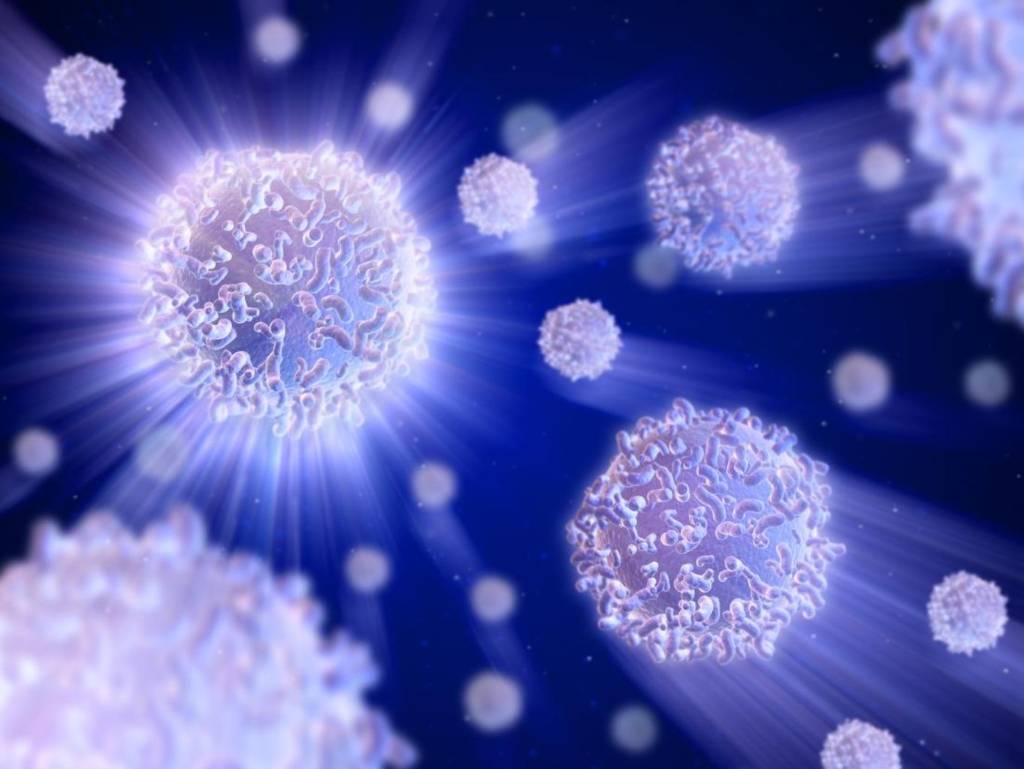
David Masopust is a scientist, and he has wondered for quite some time how he can push the immune systems of animals and humans to their absolute limits.
4 Times the Life Span of a Mouse
This is done by rallying an army of the immune system's most protective cells. One of the mysteries that immunologists deal with is that so far, nobody knows what those limits are. In this case, there was a project to keep mouse immune cells active and ready for as long as possible. This ended up creating mice cells that lasted 4 times as long as the mouse's life span. There are big implications for cancer and other research with this discovery.
The immune system of a mouse consists of the following:
- Innate immunity (non-specific defense mechanisms)
- Adaptive immunity (specific defense mechanisms)
Innate immunity includes physical barriers (skin, mucus), phagocytic cells (macrophages, neutrophils), and natural killer cells.
Adaptive immunity includes T and B lymphocytes and antibodies, which provide long-term protection against pathogens.
Mice are commonly used as models in immunology research due to their genetic similarity to humans.
Implications for Cancer and Other Research
Being able to make immune cells this powerful has implications for cancer and other research. With this happening, scientists can take what they learned with these mice and see how it can be applied to humans.
The potential benefits are that humans could have longer life spans and that their own immune cells could actually do the job of curing their own cancer or reducing aging.
What do you think of this research - will it have implications for curing diseases?
Online writer since 2008. I enjoy writing and have written nearly a thousand tech related articles about electric vehicles, software, tech companies, hardware, gaming, tech related products, and company developments in tech.
